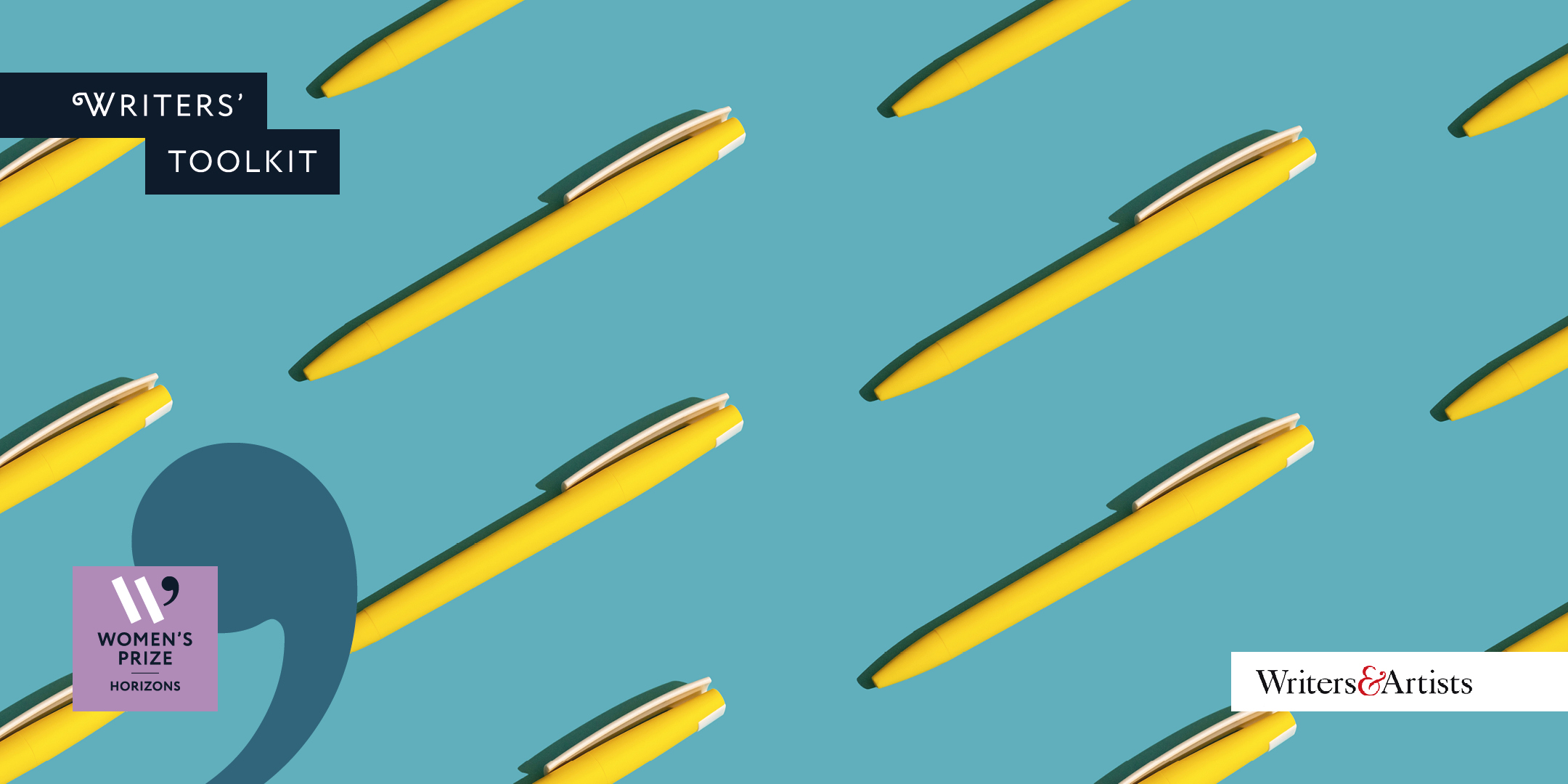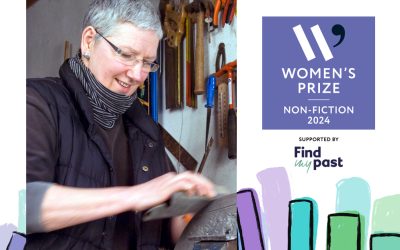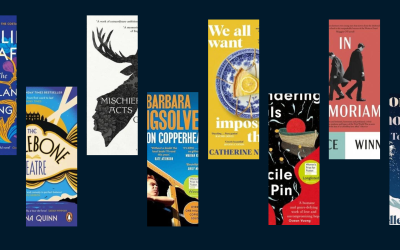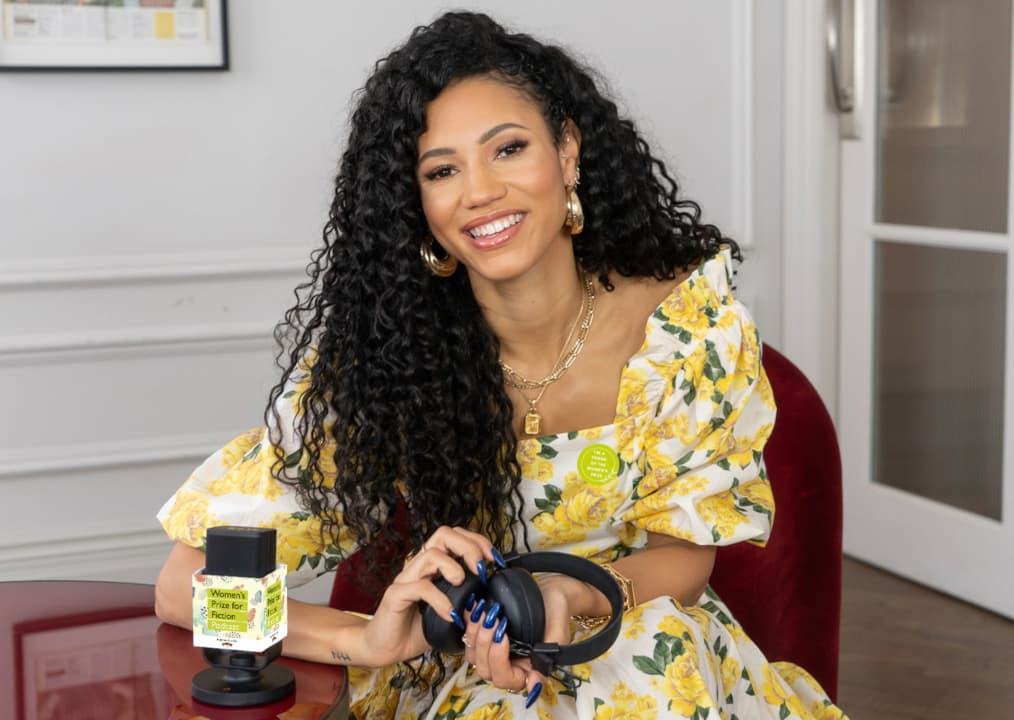
How to pitch your novel
Preparing to Pitch: The novelist salesperson “Can you summarise your novel in a sentence or two,” my marketer, Eloise asks,…


When we’re in the middle of a project, it can be easy to forget the initial slog and the moment we asked ourselves: “Where to begin?” But every story – whether fictional or real – must start somewhere. So how do you arrive at your own beginning?
When writing non-fiction, there are perhaps even more considerations at the early stages. Memoirists might wonder how they can write about personal experiences in a way that will resonate universally. Biographers must tackle the incredibly intricate process of bringing figures – historical or modern, underrepresented or forgotten – to life so vividly that we will never forget them. Scientists, philosophers, other academics or experts all have the important job of sharing their knowledge in an accessible and engaging manner.
Whether you want to call upon old memories, share your expertise, or turn research into a compelling narrative, here are four non-fiction writing prompts to help kickstart your creative endeavours and make the overwhelming feel that bit more achievable.
Gather your favourite non-fiction books and read them again with a notebook and pen close to hand. Note how the author handles their chosen subject matter. How has the book been structured? If it’s a biography, is it chronological? If it’s nature writing, has it been split into different seasons? Make notes about what you respond to as a reader. While non-fiction is all about pursuing the questions that you obsess over, you must always keep your intended audience in mind. Remember that you are a reader and a writer and that there is great skill in being both.
Think about an issue, idea or topic that grips you and seek out any news articles, opinion pieces, podcasts, interviews or facts that relate to your choice. Just like a museum curator collects items, you must become a collector of your own obsession. You can do this for a few days, a few weeks; however long it takes you to build your own arsenal.
Then choose one of your collected items and free write a response. Do you agree with the opinion? Or do you think the opposite? What else would you like to know about this topic that the article or podcast didn’t cover?
Katherine Rundell, author of Super-Infinite: The Transformations of John Donne, got her award-winning biography off with a bang. Consider the opening sentence: “The power of John Donne’s words nearly killed a man.” Whether or not you know much about one of the greatest love poets of the 17th century, I can guarantee that you’ll want to read on. Rundell is a skilled writer who has hooked her audience from the very first line and she carries this energy throughout the book.
Opening lines are important, but not as important as having a strong overall narrative. A true story is still a story, and you should apply same fiction considerations to your non-fiction writing like strong, atmospheric settings, three-dimensional characters, an authentic narrative voice, and balanced pacing.
Choose two figures who interest you, either historical or modern. Take a small segment from their life (you can even look on Wikipedia for significant life moments – I won’t tell!) and then rewrite it as though it is fiction. Use the techniques above and employ all the senses.
Here are a few suggestions to get you started if you’re short on inspiration:
Love, heartbreak, loss, accomplishments, adventures, discoveries: what are the moments in your life that have shaped you? Write them down in a list. This doesn’t have to be all at once as digging through the filing cabinets of our life can be overwhelming. Take the time that you need for this exercise.
When you’re ready, choose one moment from your life that you will write about and add a flash forward in two spots. Flash-forwards serve to link two parts of your lives together for the reader. Think about your life now. Did this past experience play a part in where you are now? Play about with where you add in your flash-forwards. How does it change the narrative if you put it at the beginning? Does it slow the pace too much in the middle? Or is the end the perfect place for reflection?
__________
Clare Povey is a published author and Content & Partnerships Manager at writersandartists.co.uk.
About writersandartists.co.uk.
The Writers & Artists website (www.writersandartists.co.uk) is a digital extension of this Yearbook, in both name and ethos. The site is a dynamic, free-to-join community platform that’s home to over 70,000 subscribers. It features hundreds of free-to-view articles and resources that offer essential practical guidance on both the creative and publishing process, as well as insight into careers within the publishing industry itself. The site hosts regular free writing competitions, including the W&A Working-Class Writers’ Prize, and provides opportunities for people to pitch blog posts or upload writing calendar entries. W&A also offer a range of events, writing courses, editing services and subscription products.

Preparing to Pitch: The novelist salesperson “Can you summarise your novel in a sentence or two,” my marketer, Eloise asks,…

Thrilled to annouce today the winning artist nominated to create ‘The Charlotte’, the figurine to be cast in bronze which…

The best recommendations come from readers, so we asked YOU to tell us the stand-out books by women you read…

There is nothing better than settling down with a good book and escaping the mundane, everyday life. Books are where…
Tune into host Vick Hope and a line-up of incredible guests on our weekly podcast full of unmissable book recommendations.
